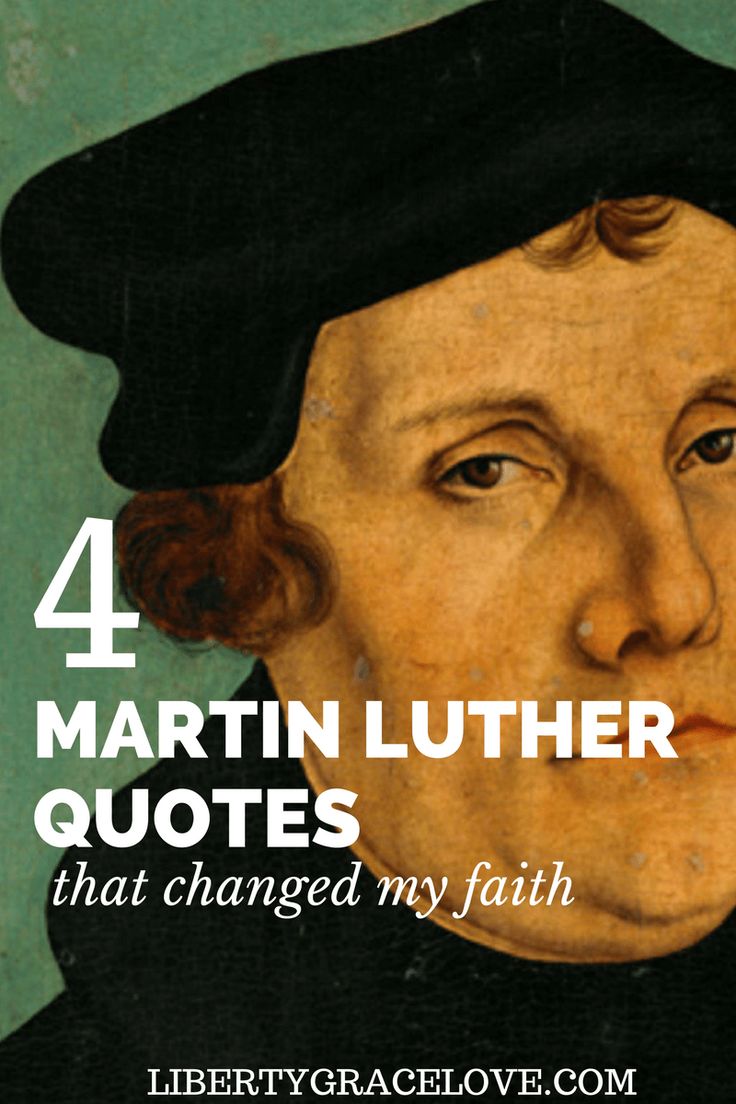
Martin Luther’s View on the Book of James
A History of Luther’s Critique
Martin Luther, a pivotal figure in the Protestant Reformation, held a contested view of the Epistle of James, one of the books in the New Testament. In his preface to the New Testament, written in 1522, Luther famously declared that the Epistle of James was “an epistle of straw.”
Luther’s criticism stemmed from his belief that the Epistle of James contradicted the doctrine of justification by faith alone. In his view, James’s emphasis on good works as a necessary component of salvation undermined the central tenet of Lutheran theology that salvation is a gift of God, bestowed upon individuals through faith in Jesus Christ.
Luther’s Arguments Against the Book of James
Luther presented several arguments to support his view of the Epistle of James. Firstly, he argued that the Epistle contradicted the Pauline Epistles, which he considered to be the primary source of Christian doctrine. According to Luther, Paul’s teachings on justification by faith alone were irreconcilable with James’s emphasis on good works.
Secondly, Luther criticized the Epistle of James for its lack of clarity and organization. He argued that the Epistle was difficult to understand and that its teachings were often ambiguous. Luther also questioned the authorship of the Epistle, suggesting that it was not written by James, the brother of Jesus, but by a later writer who sought to promote a legalistic understanding of Christianity.
The Lutheran Tradition and the Book of James
Luther’s views on the Epistle of James had a significant impact on the Lutheran tradition. Many Lutheran theologians and pastors followed Luther’s lead in downplaying the importance of the Epistle of James. However, not all Lutherans agreed with Luther’s assessment of the Epistle. Some argued that the Epistle could be interpreted in a way that was consistent with Lutheran theology, and that it contained valuable teachings on Christian living.
In the centuries since Luther’s time, there has been a growing appreciation for the Epistle of James among Lutheran scholars and theologians. While some Lutherans continue to view the Epistle with caution, others have come to recognize its value as a source of practical wisdom and ethical guidance for Christian living.
Tips for Reading the Book of James
If you are interested in reading the Book of James, here are a few tips to keep in mind:
- Be aware of Luther’s critique of the Epistle. This will help you to understand the historical context of the Epistle and to interpret it in a way that is consistent with Lutheran theology.
- Read the Epistle in conjunction with the Pauline Epistles. This will help you to see how James’s teachings compare and contrast with those of Paul.
- Focus on the practical teachings of the Epistle. James has much to say about Christian living, including how to deal with trials, how to control our tongues, and how to show mercy to others.
Frequently Asked Questions
- Why did Martin Luther criticize the Book of James?
- Luther criticized the Book of James because he believed it contradicted the doctrine of justification by faith alone. He also argued that the Epistle was unclear and ambiguous, and that it was not written by James, the brother of Jesus.
- Do all Lutherans agree with Luther’s views on the Book of James?
- No, not all Lutherans agree with Luther’s views on the Book of James. Some Lutherans believe that the Epistle can be interpreted in a way that is consistent with Lutheran theology, and that it contains valuable teachings on Christian living.
- What are some tips for reading the Book of James?
- Be aware of Luther’s critique of the Epistle, read the Epistle in conjunction with the Pauline Epistles, and focus on the practical teachings of the Epistle.
Conclusion
Martin Luther’s critique of the Epistle of James is a complex and controversial issue. While some Lutherans continue to view the Epistle with caution, others have come to appreciate its value as a source of practical wisdom and ethical guidance. Ultimately, it is up to each individual reader to decide how they will interpret the Epistle of James.
Are you interested in learning more about Martin Luther’s views on the Bible? If so, I encourage you to do some additional research on this topic. There are many resources available online and in libraries.

Image: www.pinterest.com